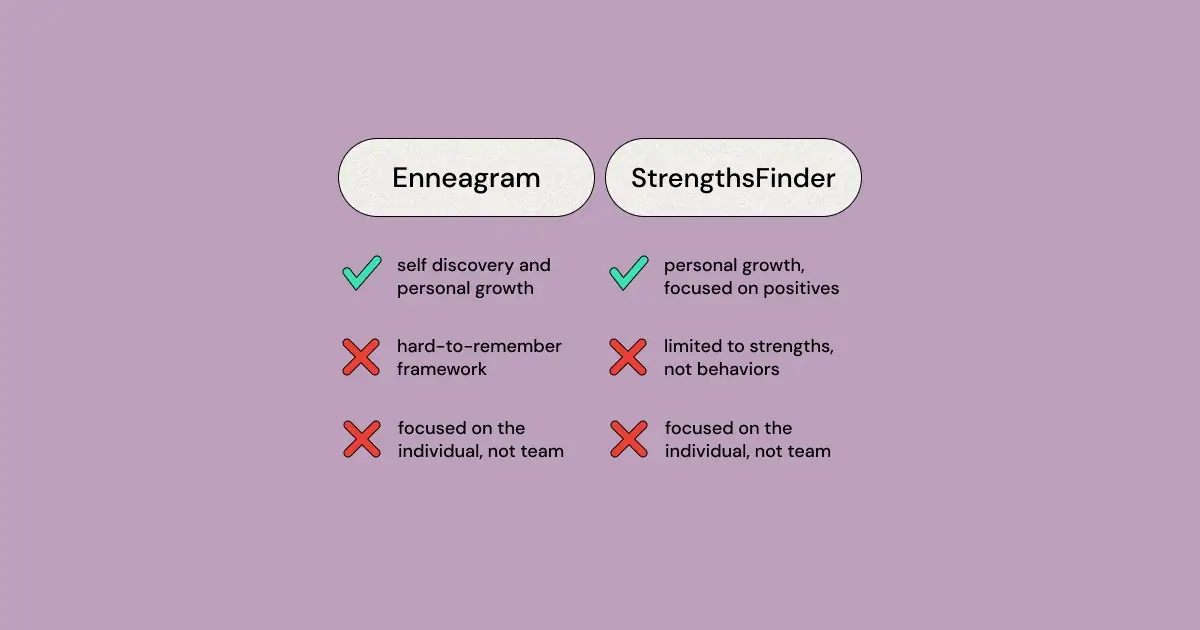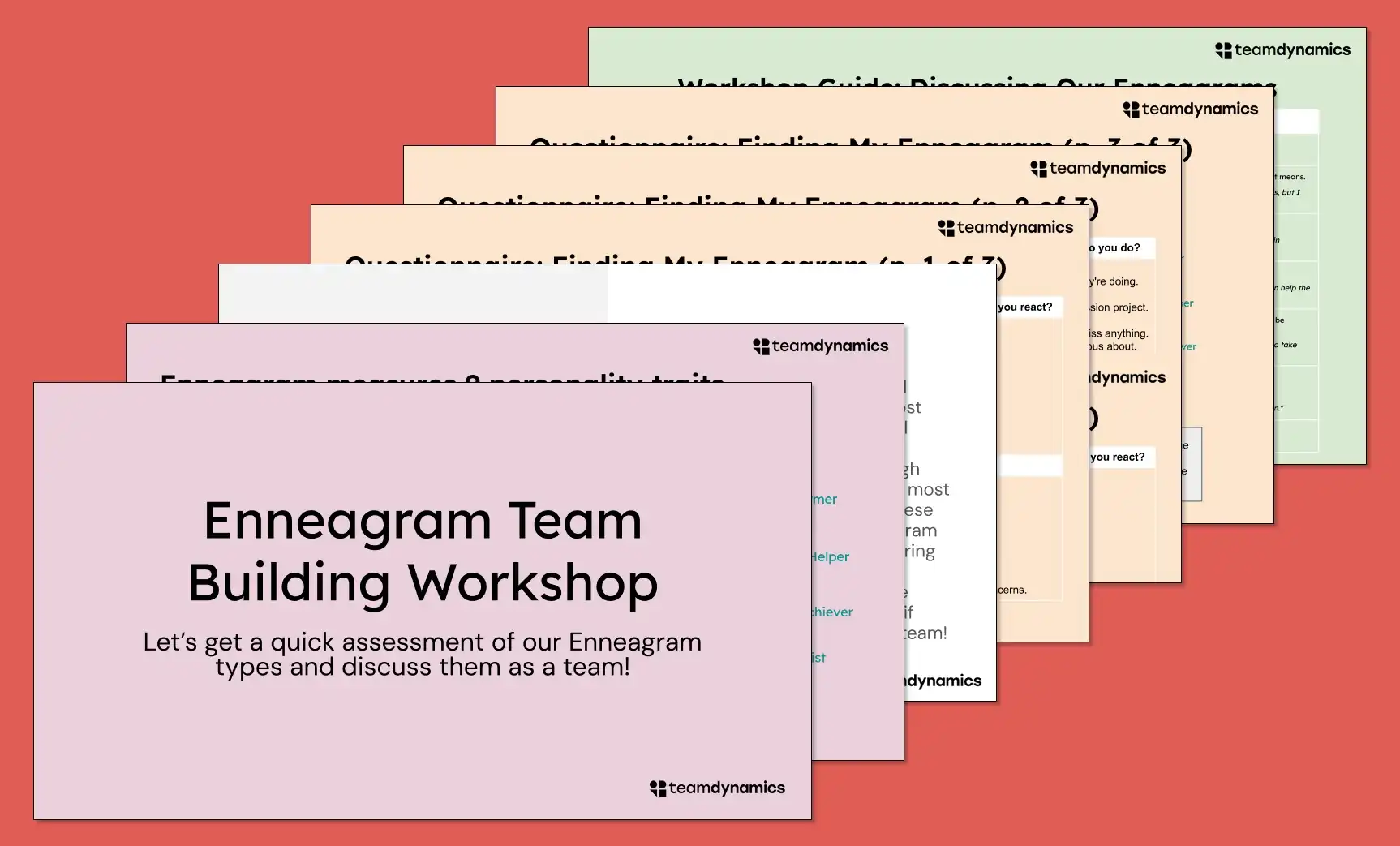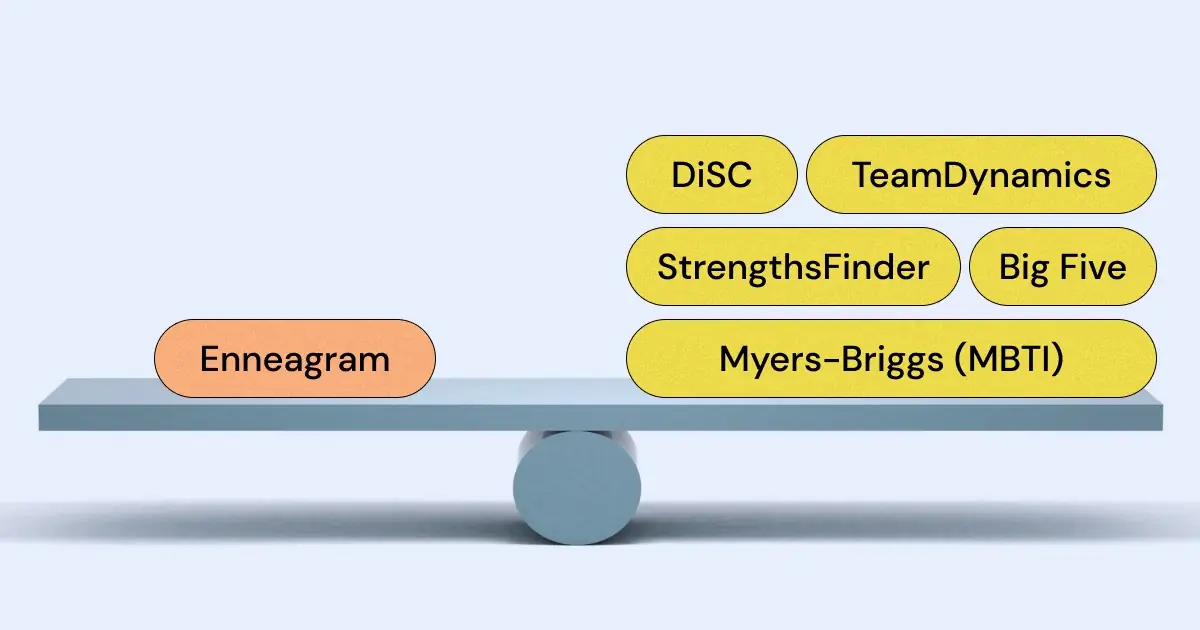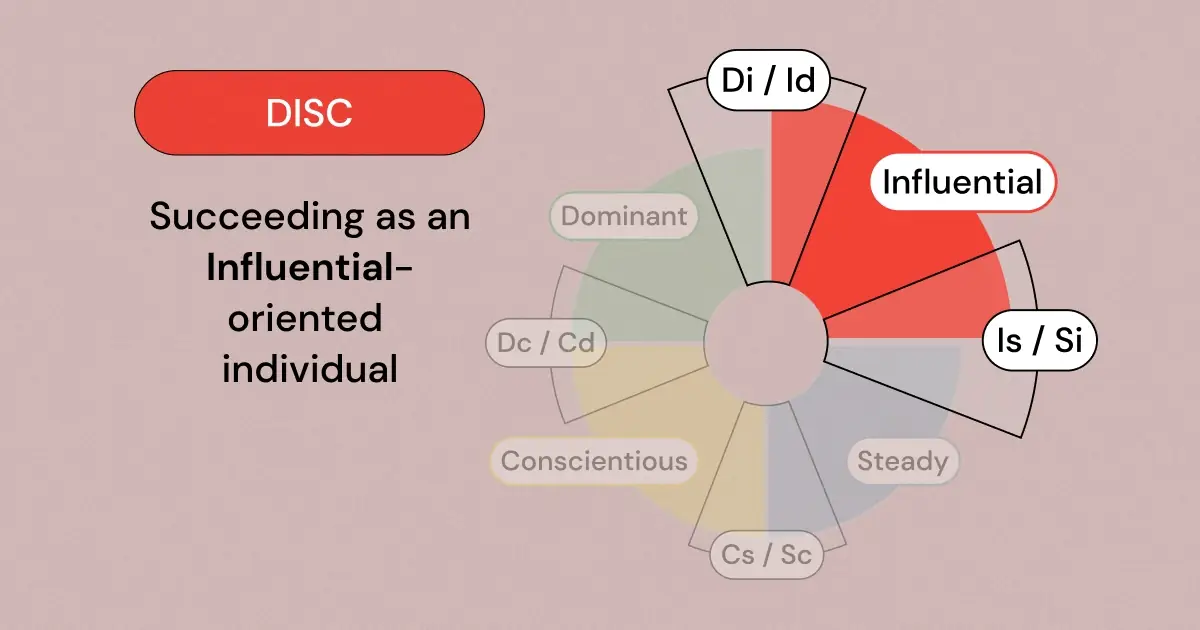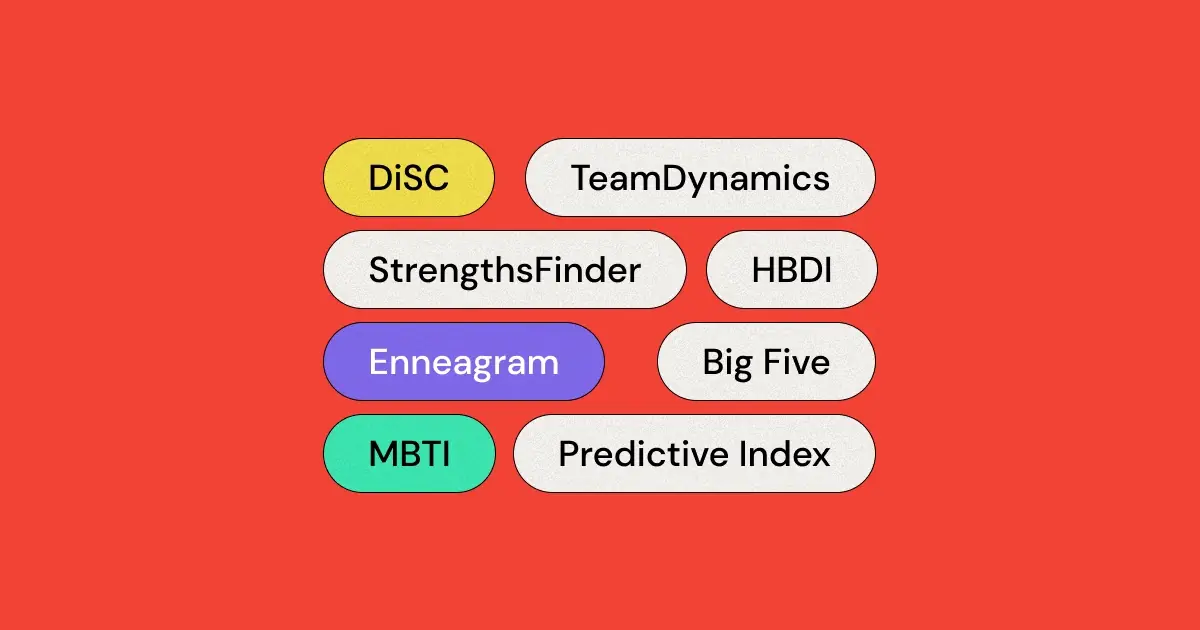Welcome to our head-to-head comparison of two renowned personal growth tools: Enneagram and StrengthsFinder! As we strive to navigate the ever-evolving landscape of self-improvement, understanding our unique personalities, strengths, and motivations becomes paramount. With so many personality assessments on the market, it can be challenging to decide which one is right for you. That's where we come in!
In this blog post, we'll be putting Enneagram and StrengthsFinder under the microscope, evaluating their unique approaches, practical applications, and potential impact on your personal and professional life. We'll share our experiences, insights, and recommendations to help you make an informed decision on which assessment best aligns with your goals. So, buckle up and get ready for an in-depth exploration of these powerful tools that promise to unlock the secrets of your inner world and propel you towards growth and success!
Histories of Enneagram and StrengthsFinder
StrengthsFinder, now known as CliftonStrengths, was developed by Dr. Donald O. Clifton, a renowned psychologist and the father of strengths-based psychology. In collaboration with Gallup, Dr. Clifton created the assessment based on extensive research into human strengths and talents. Since its inception, StrengthsFinder has become a widely-used tool for personal and professional development, helping individuals and organizations alike to harness their unique strengths and achieve success.
The Enneagram has a rich and enigmatic history, with roots in various spiritual and philosophical traditions, including Sufism, Christianity, and the Kabbalah. The modern Enneagram system, as we know it, gained prominence in the 1970s, thanks to the efforts of psychologists and spiritual teachers like Claudio Naranjo and Oscar Ichazo. Today, the Enneagram is widely recognized as a powerful tool for personal growth, self-awareness, and spiritual development.
Looking for something other than the Enneagram? Here are the top 5 alternatives to Enneagram!
Enneagram and StrengthsFinder: Two Very Different Methodologies
The Enneagram is a complex system consisting of nine interconnected personality types, numbered from 1 to 9. Each type represents a distinct worldview, with its own set of strengths, weaknesses, motivations, and fears. In addition to identifying a primary type, the Enneagram also considers "wings," which are the adjacent types that influence one's primary type, and the "direction of integration and disintegration," which indicates how a person's behavior changes under stress or growth. This results in a multidimensional understanding of an individual's personality and personal development.
The Enneagram, while applicable to professional contexts, has broader applications in personal growth, self-awareness, and spiritual development. It helps individuals understand their motivations, fears, and emotional patterns, enabling them to overcome limitations and achieve personal growth. In a professional context, the Enneagram can help employees and managers develop emotional intelligence, empathy, and improved communication. However, the Enneagram is not specifically designed to improve team performance, limiting its ability to directly address team dynamics.
{{inline-cta}}
StrengthsFinder, on the other hand, is based on the premise that individuals possess unique combinations of talents, knowledge, and skills, which can be nurtured and developed into strengths. The assessment measures 34 talent themes, grouped under four domains: Executing, Influencing, Relationship Building, and Strategic Thinking. After completing the assessment, individuals receive a personalized report identifying their top five talent themes, which represent their most dominant strengths. The primary goal of StrengthsFinder is to help individuals focus on developing and leveraging their strengths, rather than fixing their weaknesses, to achieve success and personal fulfillment.
Want to hold a team building workshop using CliftonStrengths? Check out our free downloadable StrengthsFinder team building resources!
StrengthsFinder has wide applicability in personal and professional development. Individuals can use their top five talent themes to make better career choices, set personal goals, and identify areas for growth. In a professional context, StrengthsFinder is often used for leadership development, talent management, and employee engagement. By helping individuals understand and leverage their unique strengths, StrengthsFinder can contribute to increased job satisfaction and productivity. However, like the Enneagram, StrengthsFinder is not explicitly designed to improve team performance, limiting its effectiveness in addressing team dynamics.
In summary, the Enneagram and StrengthsFinder assessments differ significantly in their backgrounds and methodologies. While the Enneagram provides a comprehensive understanding of an individual's personality and emotional patterns, StrengthsFinder focuses on identifying and nurturing unique strengths for personal and professional success. Each assessment offers its unique insights and can serve as a powerful tool for self-discovery and growth.
For those seeking to enhance team performance, collaboration, and productivity, TeamDynamics offers a more targeted solution. Focusing specifically on team cohesion, TeamDynamics evaluates the unique characteristics of each team member and how they interact with one another. This assessment provides actionable insights and strategies for fostering a high-performing team environment, addressing gaps in communication, and optimizing team dynamics.
Strengths and Weaknesses of StrengthsFinder vs. Enneagram
Both Enneagram and StrengthsFinder have their unique strengths and weaknesses:
|
Enneagram |
StrengthsFinder (CliftonStrengths) |
| Advantages |
1. Depth of insight: The Enneagram offers a nuanced understanding of an individual's personality, encompassing motivations, fears, and growth patterns.
2. Personal growth: The Enneagram is an excellent tool for self-discovery, personal development, and spiritual growth.
3. Flexibility: The Enneagram can be applied in various settings, from professional environments to personal relationships. |
1. Strengths-based approach: StrengthsFinder encourages individuals to focus on their unique strengths, rather than fixating on weaknesses, fostering a positive mindset and enhancing personal effectiveness.
2. Personalized insights: The top five talent themes identified by StrengthsFinder provide a clear and actionable understanding of an individual's most dominant strengths.
3. Wide applicability: StrengthsFinder is useful for personal growth, career development, and leadership training, making it a versatile tool for various contexts. |
| Disadvantages |
1. Complexity: The Enneagram's intricate system of nine types, wings, and directions of integration and disintegration can be challenging for some to understand and apply.
2. Subjectivity: The Enneagram relies heavily on self-reporting, which may lead to inaccuracies or biases in test results.
3. Not ideal for team performance: Like many personality assessments, the Enneagram does not specifically focus on team dynamics, limiting its ability to enhance team performance directly.
|
1. Limited scope: StrengthsFinder primarily focuses on an individual's strengths and does not provide insights into other aspects of their personality, such as motivations or emotional patterns.
2. Paywall: Unlike some personality assessments, StrengthsFinder requires a fee to access the complete assessment and detailed report.
3. Not ideal for team performance: While StrengthsFinder identifies individual strengths, it does not directly address how these strengths interact in a team setting, limiting its effectiveness in improving team performance. |
While both Enneagram and StrengthsFinder have their unique strengths and weaknesses, neither assessment is specifically designed to improve team performance. For those seeking to enhance team dynamics, collaboration, and productivity, it is worth exploring alternative tools, such as TeamDynamics. Focusing explicitly on team cohesion and the interplay of individual strengths and personalities within a team, TeamDynamics can provide actionable insights and strategies for fostering a high-performing and harmonious team environment.
Conclusion
In our comprehensive review of StrengthsFinder and Enneagram, we've explored the unique backgrounds, methodologies, and practical applications of these powerful personal growth tools. Both assessments offer valuable insights into individual behavior, strengths, and motivations, with the Enneagram providing a deeper understanding of emotional patterns, and StrengthsFinder focusing on identifying and nurturing individual strengths.
However, it's important to note that neither StrengthsFinder nor Enneagram is specifically designed to improve team performance. While they can contribute to personal and professional growth, they may not directly address the complex dynamics of a team environment.
Ultimately, the choice between StrengthsFinder, Enneagram, and TeamDynamics depends on your unique goals, preferences, and desired outcomes. Each tool has its strengths and limitations, and it may be beneficial to explore multiple assessments to gain a comprehensive understanding of yourself, your colleagues, and your team dynamics. Embrace the journey of self-discovery and let these powerful tools guide you towards personal growth, improved relationships, and thriving teams.


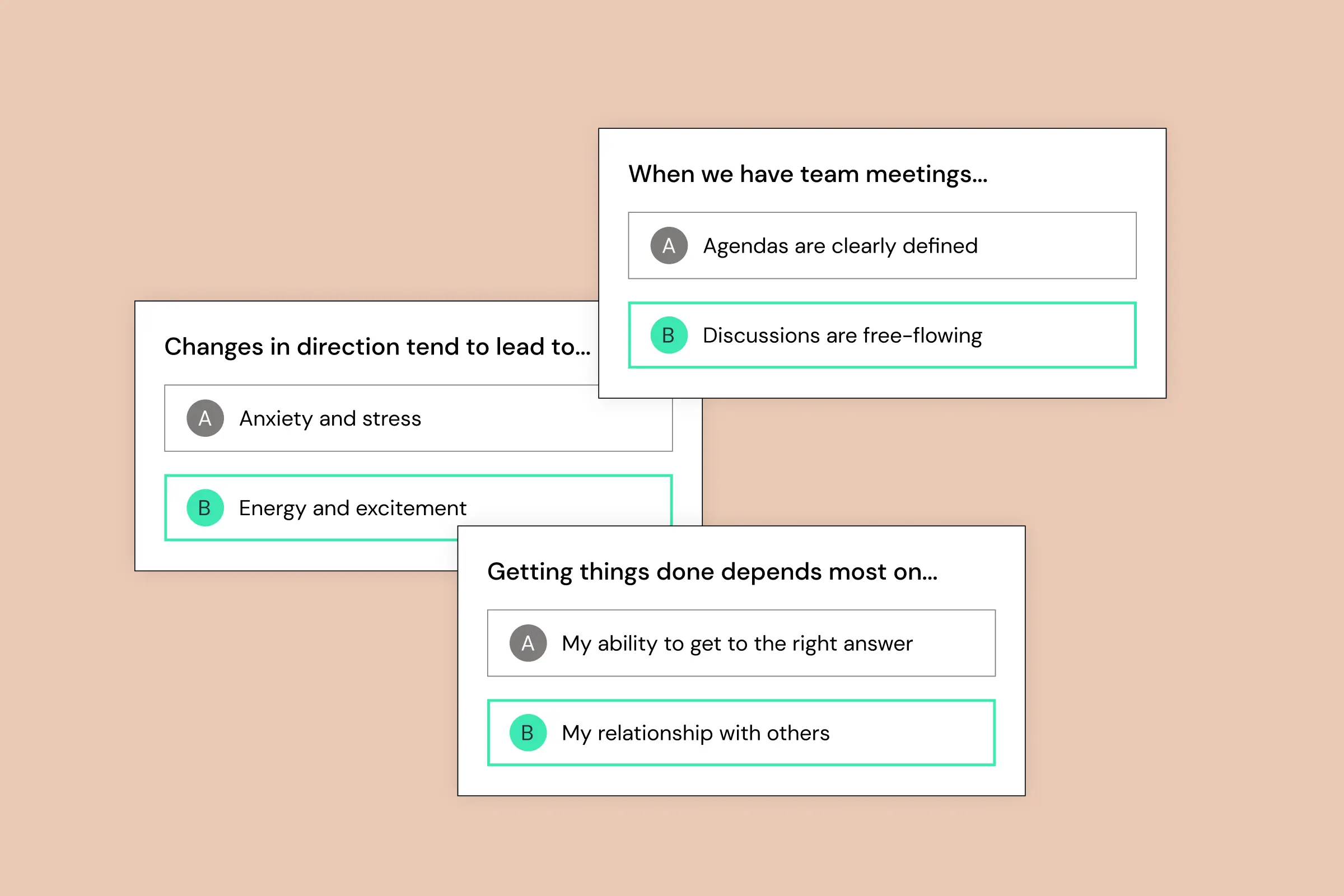

.png)
